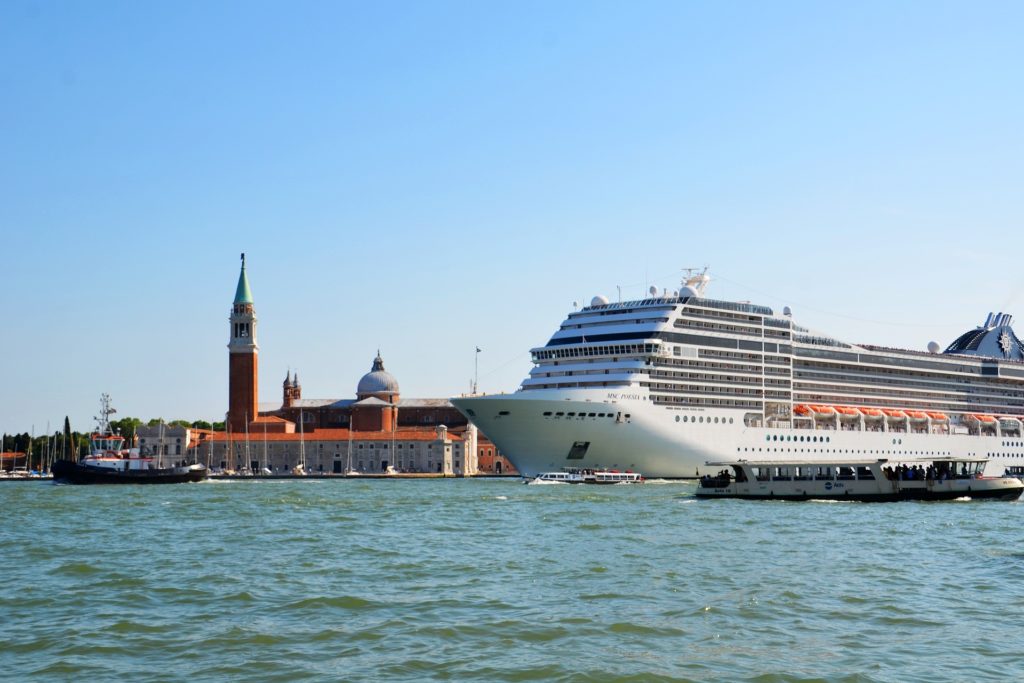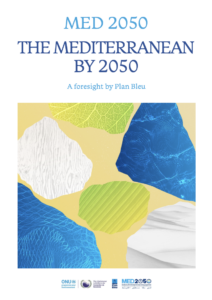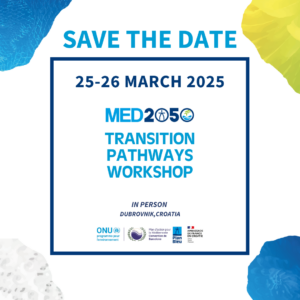
- Plan Bleu
Plan Bleu's missions
Make the Mediterranean a cooperation area for sustainable development
- themes
- projects
Projects in the news
- Ressources
- publications
- Events
In the news
Last events
- Plan Bleu
Plan Bleu's missions
Make the Mediterranean a cooperation area for sustainable development

Providing socioeconomics insights for the appropriate management of Mediterranean resources

Facilitate a science – political and civil society interface

Supporting the transition towards a green and blue economy

Design possible futures for sustainable development

Observer of the environment and development to inform governments and the general public
- themes
- projects
Projects in the news
- Ressources
- publications
- Events
In the news
Last events

Home » tourism
Tourism
How can Mediterranean tourism contribute to sustainable and inclusive development of territories?
The challenges related to tourism in the Mediterranean require the definition of tourism strategies rooted in the local territories and enhancing economic competitiveness, social responsibility, and natural and cultural resources-saving.

A driver of economic growth inadequately controlled
Tourism is a driver for economic growth in the Mediterranean. Its key role in the future development of the region is often counteracted by certain negative effects in terms of sustainability, as follows:
- Economic benefits do not encourage social transformations (income inequality, strong dependence to the international market);
- Growing dependence to air transport, especially in the case of islands;
- The coastline suffers from urban sprawl (saturation) and pressure on natural resources;
- Areas are not adequately managed as regards public services (water, waste, sanitation),
- Natural and cultural assets tend to be degraded during the destination maturation phase.
Promote sustainability in Mediterranean tourism areas: a key challenge for Plan Bleu
Plan Bleu has focused on Mediterranean tourism challenges in terms of sustainability since 1989. For instance, after several programmes of activities focusing on Tourism, Plan Bleu defined in 2007 a list of indicators to assess and follow-up tourism sustainability. The programme of activities “Promote sustainable tourism in the Mediterranean” (2009-2011) was defined around four components: Energy management:
- Energy management: air transport and tourism in the Mediterranean;
- Cruises and yachting in the Mediterranean: facilities and infrastructure, pollution and waste;
- Profiles of sustainability in some Mediterranean tourist destinations;
- Testing the additional “Tourism” indicators for monitoring the Mediterranean Strategy for Sustainable Development.
For the development of sustainable strategies in Mediterranean tourism areas
The results of Plan Bleu’s programme of activity highlighted the need to:
- Including tourist activities in “projects of territory”, particularly in order to promote links between coastal areas and their interlands.
- Engaging tourist destinations in a participatory process to promote sustainability “labelling” for Mediterranean tourist areas in order to increase the added value created in these areas.
In 2016, Plan Bleu organised a Regional Workshop “How can tourism contribute to sustainable and inclusive development in Southern and Eastern Mediterranean countries”, in partnership with the French Development Agency (AFD) in Marseille on 23-24 May 2016. This workshop helped developing a shared vision and practical approaches for a renewal of tourism development patterns in the region, including improvement and diversification of coastal tourism, as well as key findings on public policies that promote balanced development of countries and destinations through tourism activities.
Furthermore, Plan Bleu has carried out a study on sustainable tourism in collaboration with SCP/RAC, PAP/RAC and SPA/RAC, resulting in the publication of Plan Bleu Paper N°17 in May 2017 “Sustainable Tourism in the Mediterranean: “Sustainable Tourism in the Mediterranean: State of Play and Strategic Directions”. This report aims at shaping guidelines and recommendations for sustainable tourism in the Mediterranean, analysing the critical environmental, social, economic and cultural issues that need to be addressed in order to ensure the development of sustainable and inclusive Mediterranean tourism.
Finally, Plan Bleu is partner of the Interreg MED Programme on Sustainable Tourism. Aimed at capitalizing innovative instruments and actions towards the enhancement of tourism sustainability in the Mediterranean, the MED Sustainable Tourism Communityis a 32 month project (2019-2022), which is a continuation of the BleuTourMed project (2016-2019).
More information
Key figures
- The Mediterranean is the first tourist destination in the world: 30% of total international tourist arrivals in 2014.
- 58 millions of international tourist arrivals in 1970; 314 millions of international tourist arrivals in 2014
- Projected international tourist arrivals in 2030: 500 million tourists (+59% in comparison with 2014)
- Top 5 destinations: France (83.7 million international tourist arrivals), Spain (65 million), Italy (48.5 million), Türkiye (40 million) and Greece (22 million) – or 83% of total arrivals in the Mediterranean (2014).
Publications
News



-
Plan Bleu
Tour la Marseillaise
2 bis, Boulevard Euroméditerranée
Quai d'Arenc
13002 Marseille - France - [email protected]
- +33 (0)6 43 08 20 23







